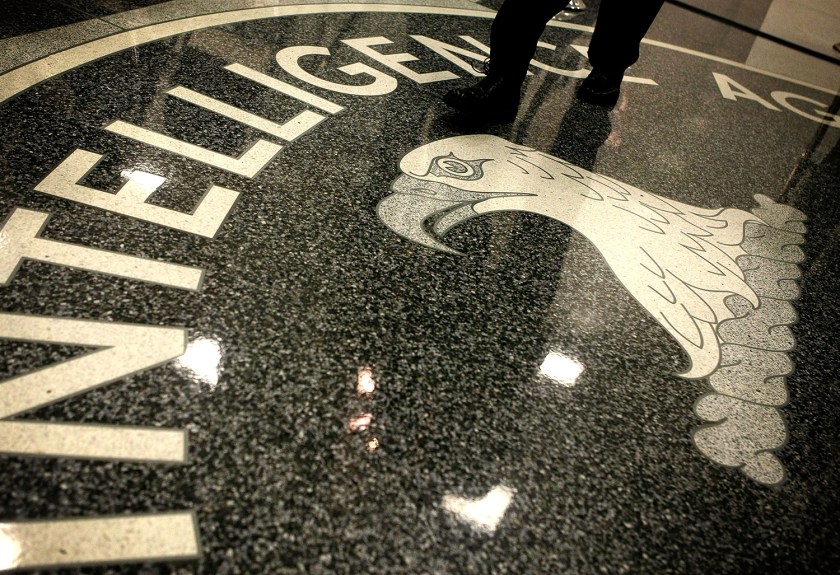
WikiLeaks has just published what it claims are CIA documents stolen from it’s Center for Cyber Intelligence — and the 8,761 files give an intimate look at the hacking tools and covert techniques allegedly used by American spies.
Among the revelations is that the CIA apparently uses malware to hack iPhones and Android mobile devices, as well as common operating systems for computers like Windows, OsX, and Linux.
One of the more dramatic disclosures is a surveillance technique called “Weeping Angel,” which the hacktivist group says “infests smart TVs, transforming them into covert microphones.”

The cache, dubbed “Year Zero,” also shows the CIA hoarded “zero-day exploits,” or vulnerabilities cyber criminals could use to gain access to devices undetected. This revelation comes after the U.S. government apprehensively agreed to share these vulnerabilities with the appropriate companies in the private sector several years ago, the New York Times reports.
The breach has yet to be confirmed by the CIA, but experts reviewing the top secret documents believe they’re legitimate, the Associated Press reports.
The cache of files is the first of many the hacktivist group says it will publish in a series called “Vault 7.”
—RealClearLife
This article was featured in the InsideHook newsletter. Sign up now.





















